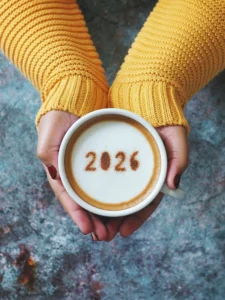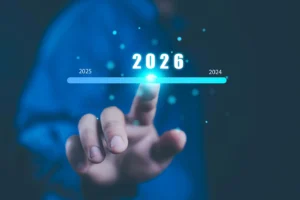Becoming a better parent doesn’t only involve our present actions. To truly develop ourselves as parents, it is important to look at our own past . Child development expert Joyce Catlett talks about how making sense of our own childhood experiences can help us to become better parents to our children.
Parenting Advice
Self-Reflective Approach to Becoming a Better Parent
Joyce Catlett, M.A.
Joyce Catlett, M.A., author and lecturer, has collaborated with Dr. Robert Firestone in writing 12 books and numerous professional articles. Most recently, she co-authored Sex and Love in Intimate Relationships (APA Books, 2005), Beyond Death Anxiety: Achieving Life-Affirming Death Awareness (Springer Publishing, 2009) and The Ethics of Interpersonal Relationships (Karnac Books, 2009), with Robert Firestone PhD. Ms. Catlett began her career in psychology in 1972, working with autistic children at the Camarillo State Hospital Children’s Treatment Center in Camarillo, CA. A founding member of Glendon Association, she has been a national lecturer and workshop facilitator in the areas of child abuse prevention and couple relations. With Glendon, she has co-produced 40 video documentaries on a wide range of mental health topics. Ms. Catlett was also instrumental in the development and training of instructors in the Compassionate Child Rearing Education Program and in training mental health professionals in Voice Therapy Methodology.

